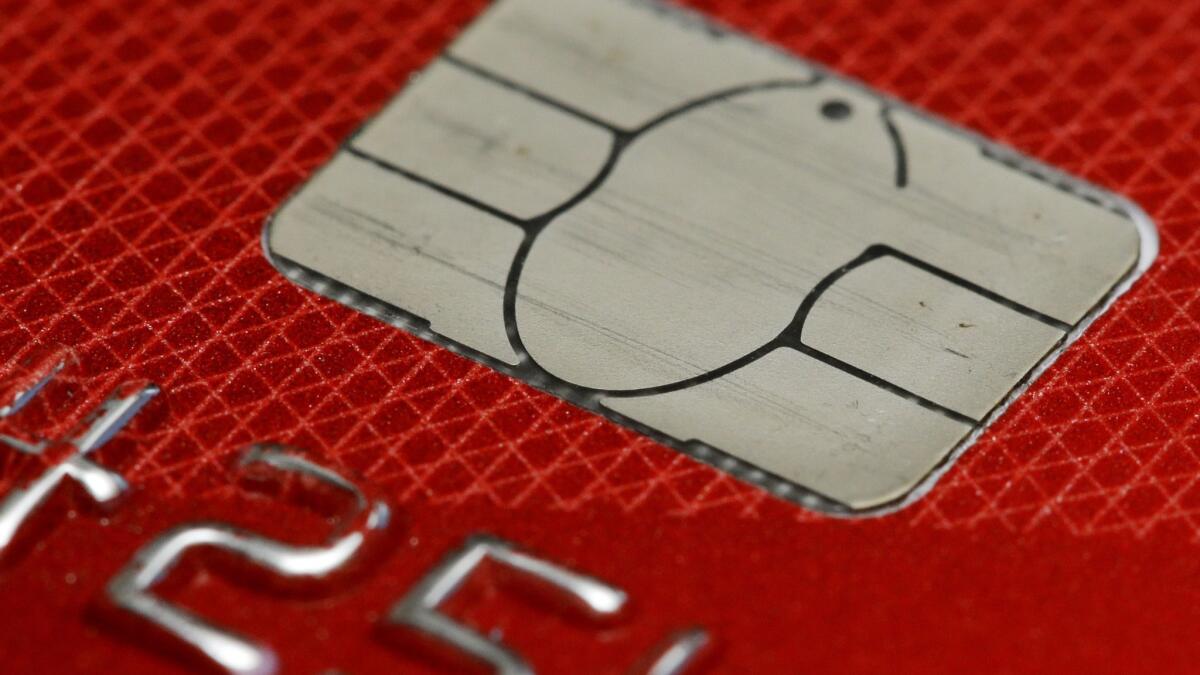Credit freezes are now free nationwide

Consumers can now freeze their credit for free under a new federal law.
A credit freeze restricts access to your credit file, essentially halting anyone from opening any new credit in your name. The rules used to vary by state, but previously it could cost up to $10 to put a freeze in place. That fee often had to be paid again when someone wanted to unfreeze it for any legitimate uses.
But under a new law that took effect Friday, consumers anywhere in the United States can do so quickly and free of charge.
Congress passed the law in response to last year’s massive Equifax hack, which exposed the private information of more than 145 million Americans. President Trump signed it into law in May.
The law requires that credit freezes be free for consumers across the country. If the request is made over the phone or online, the freeze must be completed within a day. If the request is made by mail, it must be done within three days of receiving the request.
Lifting the freeze is also free and must be done within the hour if the request is made by phone or online; three days if by mail.
Consumers who want to freeze their credit should visit the websites of all three credit reporting firms — Equifax, Experian and TransUnion — to make their request at each. The FTC also will have links to those pages on its identity theft information website, www.identitytheft.gov.
Additionally, the law allows for a free credit freeze for children under age 16, something that was not previously allowed in all states. This helps prevent criminals from creating fraudulent accounts under a child’s identity, a problem that often goes undetected until the children are adults and seek credit of their own.
A credit freeze is considered one of the most effective ways to protect criminals from opening credit in your name. It is different than credit monitoring, which tracks people’s credit and alerts them of changes in activity.
“Think of a credit freeze as a state-of-the art home security system that keeps the bad guys out,” said Ted Rossman, industry analyst at Creditcards.com. Credit monitoring, he said, “is more like that text message you got from your neighbor after someone already smashed through your living room window and walked off with your big-screen TV.”
Although it does provide a layer of security, a credit freeze will not protect you from some other forms of identity theft, such as filing a fraudulent tax return in your name or making charges against an existing account.
And remember that if you freeze your credit, it stops everyone from opening an account — including you. You must use a PIN assigned online to unfreeze your credit if you want to get a credit card or loan down the line.
More to Read
Inside the business of entertainment
The Wide Shot brings you news, analysis and insights on everything from streaming wars to production — and what it all means for the future.
You may occasionally receive promotional content from the Los Angeles Times.










